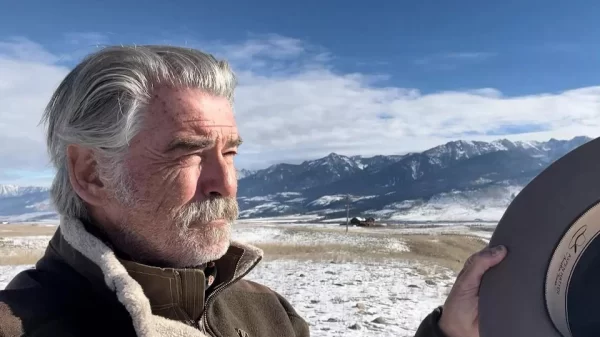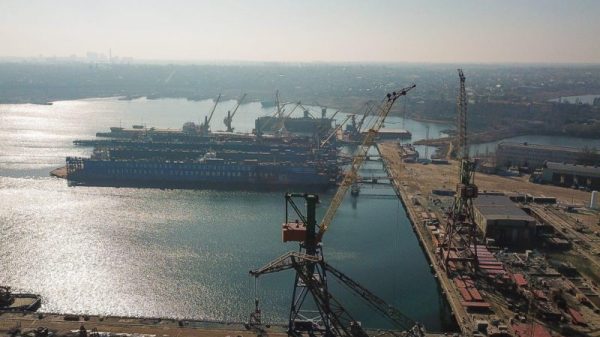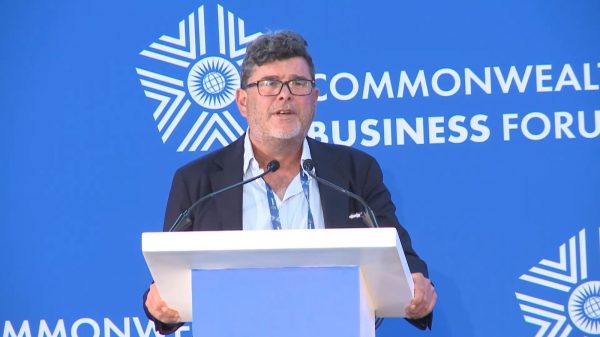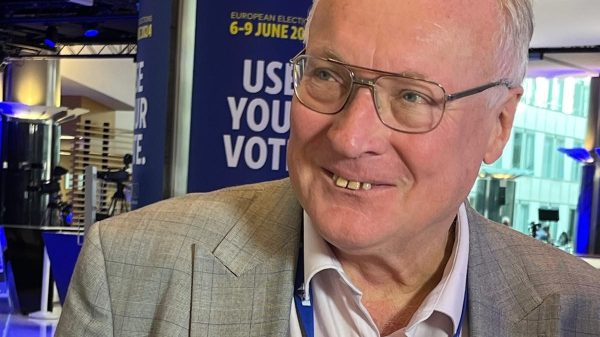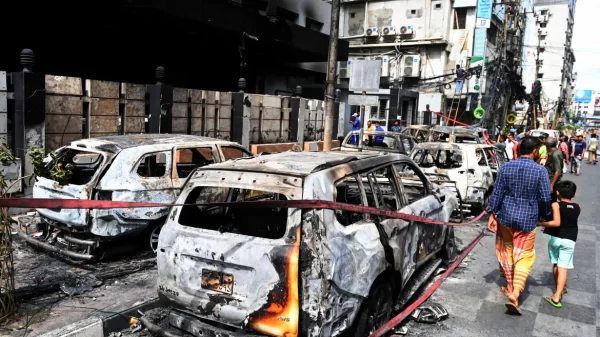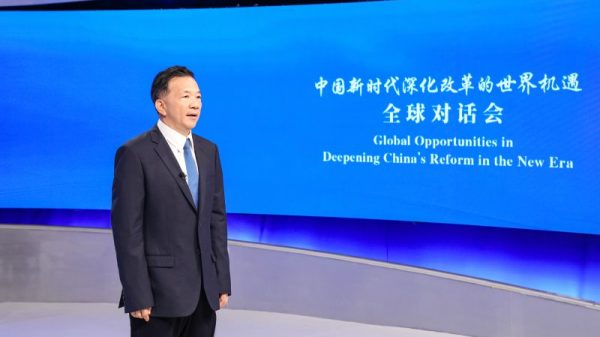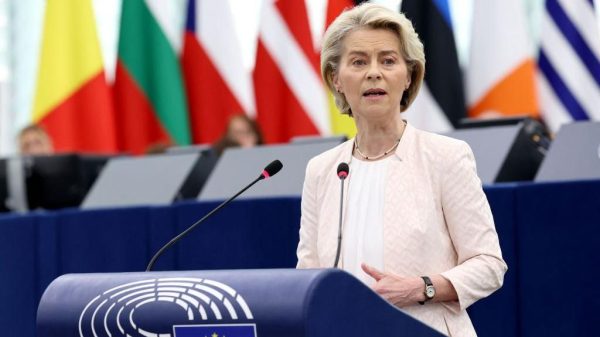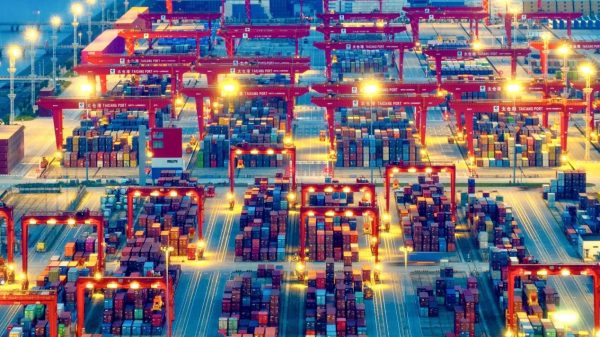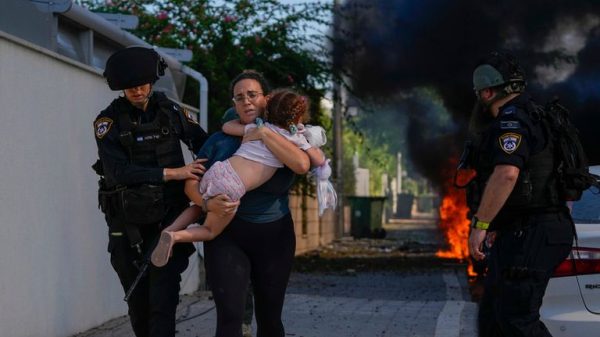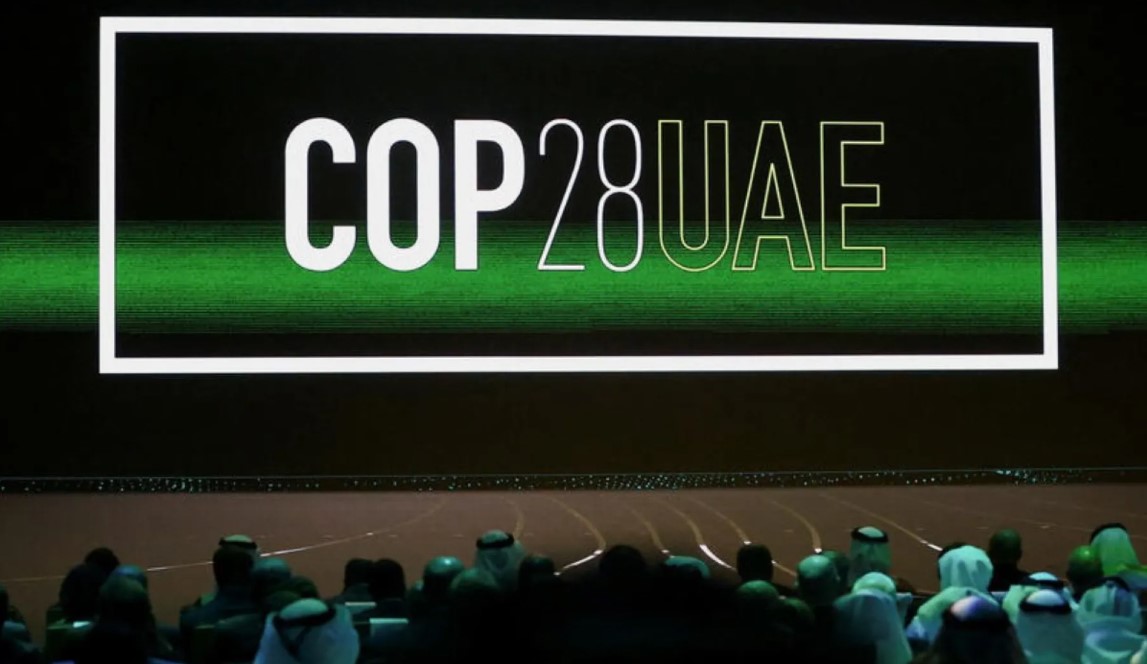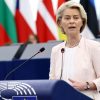Amid September’s soaring temperatures that took climate scientists globally by surprise, the Pope’s impassioned plea for a renewed stance on climate change resonated deeply. His pointed demand that affluent, industrialised countries enact meaningful change to combat this crisis was both timely and significant. In the same breath, he voiced the inconvenient truths of climate denial and the repercussions of unchecked consumption – writes Ashfaq Zaman and Anir Chowdhury.
Yet his contention that an oil-producing nation has conflicting interests when hosting a UN climate summit, in relation to the UAE’s stewardship of the COP28 climate summit, caused me to pause.
As a seasoned diplomat from Bangladesh — a country grappling immensely with climate-induced adversities — I appreciated the Pope’s intervention. It could not come at a more crucial time, and it must be acted on. But my concern is that excluding oil producing nations from climate negotiations overlooks the crucial challenges facing developing countries like my own.
The West, with its long history of carbon excesses in the march towards industrialisation, finds it all too convenient to point fingers at countries like the UAE. It’s a tad ironic given that many developing countries now face a paradox: the urgency to develop, but with a diminishing carbon budget.
Of the world’s 98 oil-producing nations, as many as half are navigating the choppy waters of development. The idea that they should forever be sidelined from hosting a COP summit will surely not help us tackle climate change effectively.
The Pope did, however, rightly take aim at the deeper responsibility of richer nations. Indeed, the West has long lagged in fulfilling its ambitious $100 billion climate finance pledges, further isolating these developing nations from pivotal climate dialogues.
Yes, as the Pope urged, we urgently need to distance ourselves from fossil fuels. As a representative of Bangladesh, the seventh most climate-threatened nation, I grasp this all too well. However, it’s not that simple. We rely on fossil fuels for 98% of our energy needs. A hasty shift, without a robust green energy infrastructure, could wreak economic havoc.
For decades, a prevailing Western narrative has erroneously set environmental urgency against developmental needs. But the UAE’s role in COP28 illustrates a keen understanding of hard economic and scientific realities, often overlooked by Western environmental advocacy.
Forecasts suggest a daunting 20% energy deficit by 2030, even if global renewable energy capacity triples, as championed by the COP28 leadership and endorsed by the International Energy Agency. It’s becoming increasingly evident that fossil fuels, albeit temporarily, will be part of the bridge to a sustainable future. Which means we have to do all we can to capture as much emissions as possible.
This makes the case for inclusive climate dialogues even more potent. The journey to a sustainable energy ecosystem must be collective, engaging all, especially fossil fuel producers.
Seven years ago, the UAE, a pioneering oil producer, embraced a post-oil vision. Its state-owned oil firm, Adnoc, transitioned to a 100% clean energy mix, leveraging nuclear and solar. Their ambitious plan to sequester 10 million tonnes of CO2 by 2030 juxtaposes sharply against the EU’s far smaller carbon capture ambitions.
And while investments in oil and gas expansion have raised eyebrows, the UAE’s global renewable initiatives, valued at a whopping $300 billion by 2030, underscores their commitment to a greener future.
COP28, under Dr Sultan Al Jaber’s leadership, is also venturing where no summit has – overhauling an outdated global financial system, aiming to unlock trillions in low-cost finance for developing nations.
Regrettably, the West’s pledges at the latest climate finance conference in Bonn fell short yet again. In contrast, COP28’s initiative to convene experts to overcome these financial hurdles marks a pivotal shift.
The upcoming UN summit is poised at a historical juncture. It is a last chance for the global community to unify around targets we’ve never contemplated before at any previous COP: tripling renewable energy, eliminating fossil fuels where carbon is not captured, and direct climate financing to those at the frontline of climate threats. The stakes have never been higher. That’s why the world must urgently heed the Pope’s call to collective action – including at COP28.



